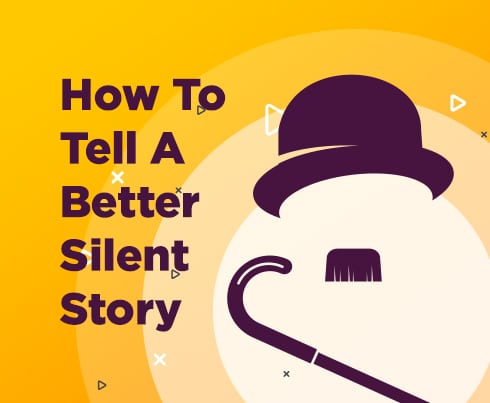Healthcare research is not a simple story.
Billions of dollars, thousands of clinicians, physicians and patients, endless – and necessary – bureaucracy. All of it leading to that magic moment of discovery when you’ve got a new treatment that works safely – even if it’s so complex that the brightest minds in science might not know exactly how it does what it does.
The people in charge of converting those moments into healthier patients need to be careful about the story that they tell.
The temptation is to talk about the journey that got you there. With so much midnight oil, bleeding-edge technology and good honest hard work leading to this moment, it’s understandable that you want people to know about the effort and ingenuity behind it. Many people do want to know.
But most don’t.
Patients want to know if it’ll help them get up the stairs easily.
Front line physicians want to know if it will let them say ‘yes’ to more patients. And even specialists are interested in the future more than the past; whether another problem just switched from ‘I can’t help’ to ‘I know just the thing’.
We are all human and – for better or worse – humans are moved by stories and imagery over data. It’s why we need a Swedish teenager sitting alone outside a school to help us see climate change as the emergency it has always been. And it’s why many medical marvels have failed to stick the landing.
So going back to those moments of discovery, how do you square that circle? How do you land complex but life-changing data with an audience that can understand the importance of science but can fall in love with the idea of their husband still holding their hand next New Years’ Eve?
You keep it simple.
As dismissive as it may feel to the evidence you’ve sweated towards for a decade or more, you frontload what it means, in real terms, to patients and the healthcare professionals who care for them, and bump those p values down your storyline. You need incredible science for people to listen, but it’s not what people want to hear.
It’s easy to forget this. At the Good Ideas Group we spend a lot of time helping our clients find the simple, human stories that will most effectively get that pill into those hands.




